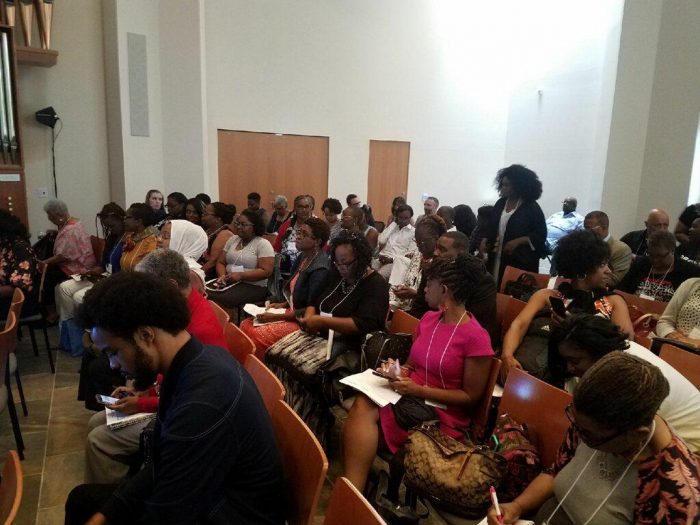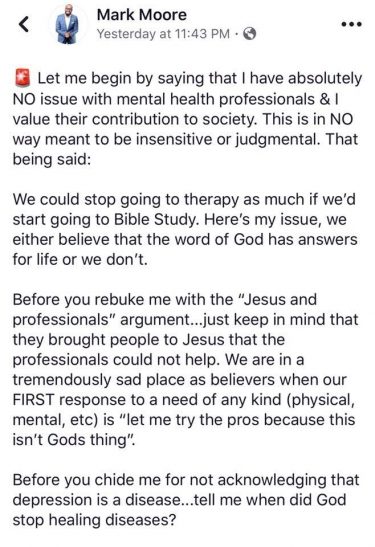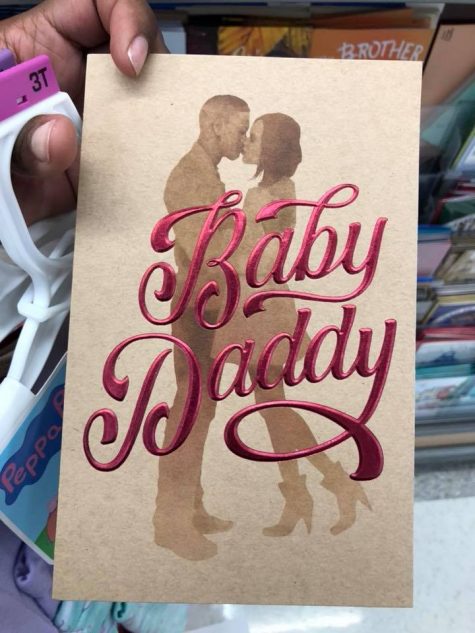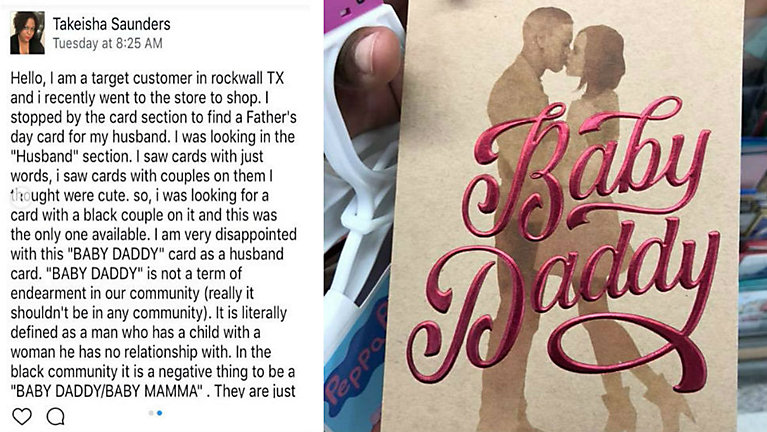
This photograph captures me (in the hot pink) and my new friend Joy A. Williams, to my right, at the Publishing in Color conference. Photo credit: Karynthia Phillips
Hello World,
Remember when I said on my About Jacqueline J. Holness page that “I typically blog on Sundays and Wednesdays (to coincide with Sunday Morning Church Service and Wednesday Night Bible Study), but sometimes I may post more or less depending on what is going on in my life?” Well, I have a deadline to meet tomorrow so my creative juices tank is nearly empty this morning! (Although I have plenty of thoughts about that horrific Maryland newspaper shooting…but words not thoughts make a blog post…)However, I did want to share via my writer friend about the Publishing in Color Conference I recently attended in New Brunswick, New Jersey!
Below is an excerpt of Lisa Crayton’s experience at the conference which very much mirrors my experience and I’m even mentioned in her piece! Thanks Lisa!
Is there a need for new writing conferences?
This is a question that sometimes arises when writers gather. The day before the Publishing in Color conference debuted on June 19th a writing friend posted a similar question on Facebook. I didn’t respond because of time, but mostly because I anticipated this new conference for ethnic writers would illustrate my usual multi-part answer:
- Yes, new conferences are needed, particularly those that address the needs of marginalized writers.
- Yes, new conferences are needed, especially regional events that are more affordable, and shorter in duration.
- Yes, new conferences are needed because some have become bastions of elitism where new and emerging writers are thrust into a sink-or-swim environment where they, naturally, sink.
Good News!
I heard about Publishing in Color from the Evangelical Christian Publishers Association’s Rush to Press newsletter. Excited I rushed to the Conference website for more details. I didn’t know the host, Brian Allain. But, I did know some of the faculty, individuals with solid reputations in Christian publishing. Their participation assured me the event would be Christ-centered, professional, welcoming and delightful, so I promoted it heavily on Facebook and Twitter, through email, and text.
After registering, I also had an opportunity to interact via email with Brian after a Latina writing friend questioned whether she’d be welcome at the first event designed to reach African American spiritual writers. I assured her she would be, but emailed Brian. He confirmed my response. More so, he slightly tweaked the Conference website and social media descriptions to help alleviate confusion. That spoke volumes!
WHY I ATTENDED
I attended out of curiosity – and hope. I was curious whether some of the publishing reps really were ready to embrace more ethnic writing. I hoped they were.
As I geared up for attending, I mulled Matthew 11:1-6. In the passage John the Baptist was in prison and heard about Jesus’ deeds. He sent his disciples to ask Jesus, “Are you the one who is to come, or should we expect someone else?” (v. 3)
Jesus’ answer encouraged a review of evidence – including things seen and heard – during His ministry. At different points in my life, God has given me of this Scripture to remind me that evidence exists to prove God’s hand in specific situations.
With this passage uppermost in my mind, I went to the conference with one goal: to hear and see what this event could offer ethnic writers.
CHRONICLING THE UNFORGETTABLE
So what did I see and hear?
Following are just a few unforgettable sights and sounds from the event. Note: here, I don’t mention every keynote, but they were all spectacular. Most of the workshop speakers I heard also did a phenomenal job of providing timely, useful content.
Hope. Comments shared with me and overheard reverberated with hope. I heard many share about their “AHA” moments of knowing that they, too, could actually do what God called them to. I had mine during the tail-end of Sophfronia Scott’s Tuesday morning keynote that opened the Conference.
To read the rest of her post about the Publishing in Color conference, go to lisacrayton.wordpress.com.
Any thoughts?




